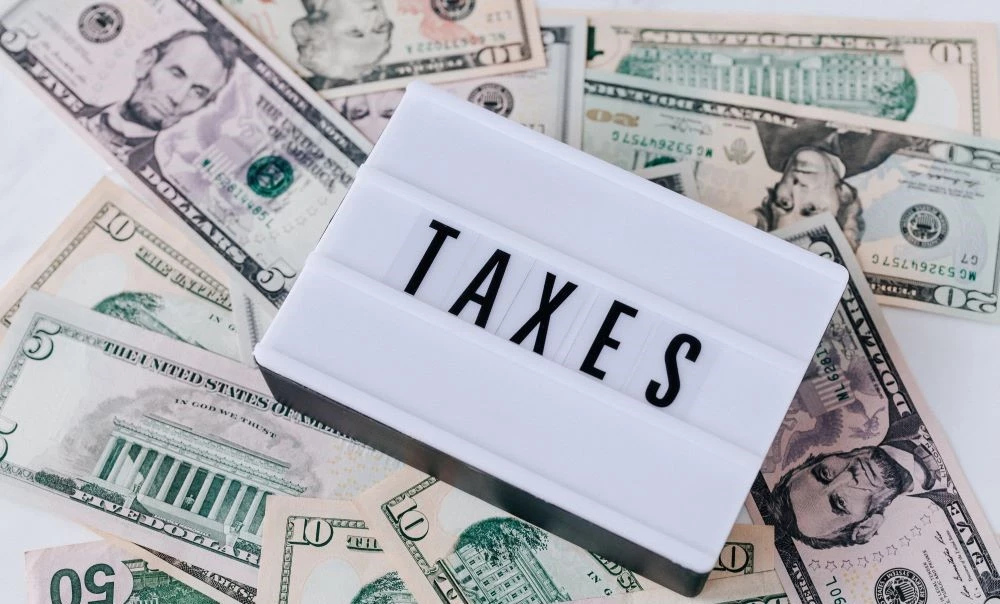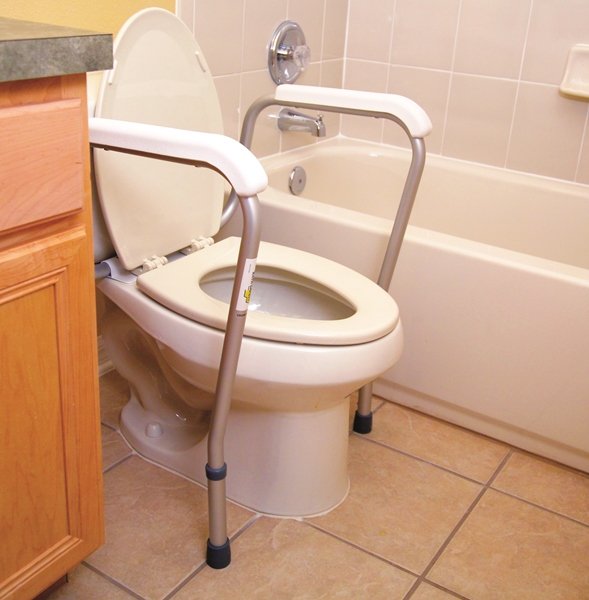Senior Citizen Property Tax Exemption – Why You Should Apply
Recently I applied for what is called here “homesteading” and it saved us about $300 annually on our property taxes according to our local PVA office.
In other parts of the country, it might be called different and I read that it is also known as a property tax exemption.
Since it saved me quit a lot of money I decided to dig a little deeper and explain what it is and how to apply for it.
What Is A Senior Citizen Property Tax Exemption
As we get older, our expenses tend to increase, and after retiring our income might go down, making it hard to keep up with our bills.
Especially property taxes can be fairly high and need to be paid in full once a year.
That’s why many states offer senior citizens a property tax exemption.
“This exemption helps to reduce the amount of property tax that senior citizens need to pay. This can add up to a nice discount on your property tax bill.”
If you are a senior citizen, 65 years old and you own a home, you may be eligible for a property tax exemption.
In my situation, and I assume that this is about the same nationwide, you have to be 65 or older and of course own your home
How To Apply For Senior Citizen Property Tax Exemption
Here are the 4 steps you need to follow to apply for this exemption:
Check Your Eligibility
Before applying for a property tax exemption, you need to make sure that you meet the eligibility criteria. Eligibility requirements vary by state and county, but typically, you must be at least 65 years old, have owned and lived in your home for a specific number of years, and sometimes meet certain income requirements.
Get The Application Form
Once you’ve confirmed that you meet the eligibility criteria, you need to find out how to get the application form.
The form is usually available online, but in many cases, you can also get it from your local PVA or tax office.
Fill Out the Application Form
The application form requires you to provide personal and property information, such as your name, address, and sometimes the value of your home.
You may also need to provide income information, such as your social security income, pension income, and other sources of income.
Make sure to fill out the form accurately and provide all the required documentation.
Submit Your Application
Once you’ve completed the application form and gathered all the required documentation, you need to submit your application to your local tax office.
You can either submit your application in person or mail it in.
Wait for a Response
After you’ve submitted your application, you’ll need to wait for a response from your local tax office.
The processing time varies by state or town, but it might take a few weeks to a few months.
Once your application is approved, you’ll receive a notification and your property tax bill will be reduced.
Senior Citizen Property Tax Exemption – My Opinion
Property tax exemption can be a valuable resource for senior citizens, as it can help to ease the financial burden of property taxes.
I have found out that many seniors do not know that this reduction of their property taxes exist. So, talk to you fellow seniors and tell them about this option and help them save money to.
By following the above steps, you can apply for a property tax exemption and potentially save money on your property taxes.
I suggest that if you have any questions about the application process or your eligibility, to reach out to your local tax office for assistance.
In my case, all I had to do was walk into my local PVA office and sign the form that they printed out. Maybe that is the advantage of living in a small rural town in Kentucky.
Eddie Vandam
About the Author: Eddie Vandam
Eddie Vandam is a proud senior and retired internet marketer who now dedicates his time to helping others age well. As the voice behind the Senior Citizen Website, he shares practical advice on staying healthy, independent, and informed. From product reviews to wellness tips and hobbies that keep life interesting, Eddie writes with real-world experience and a passion for making senior life easier and more enjoyable.👉 Read more about Eddie Vandam.








